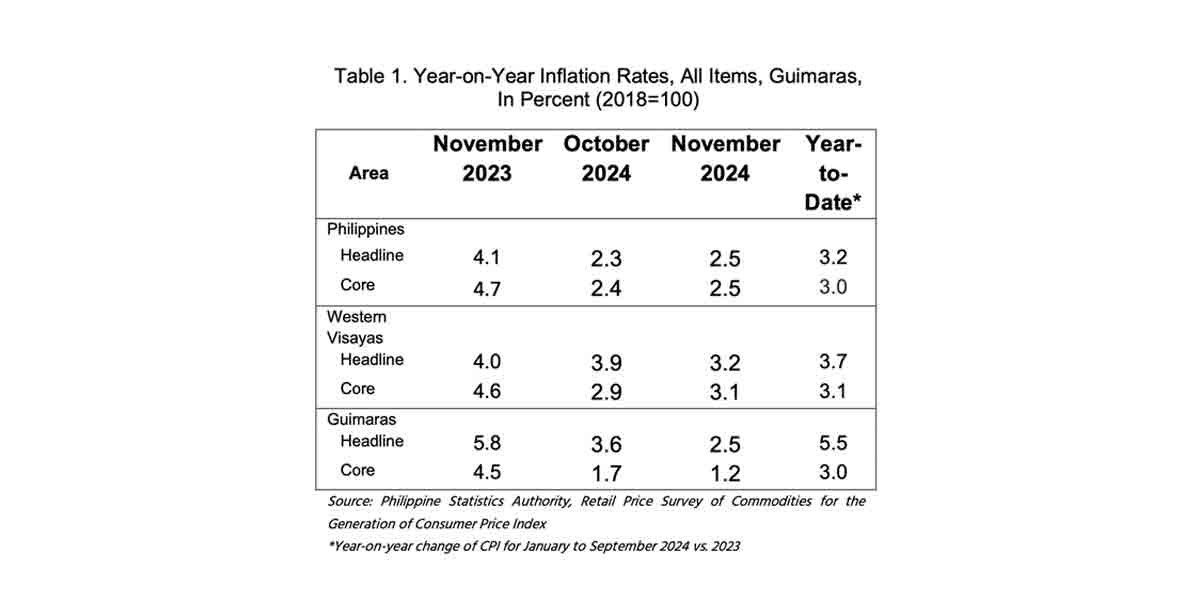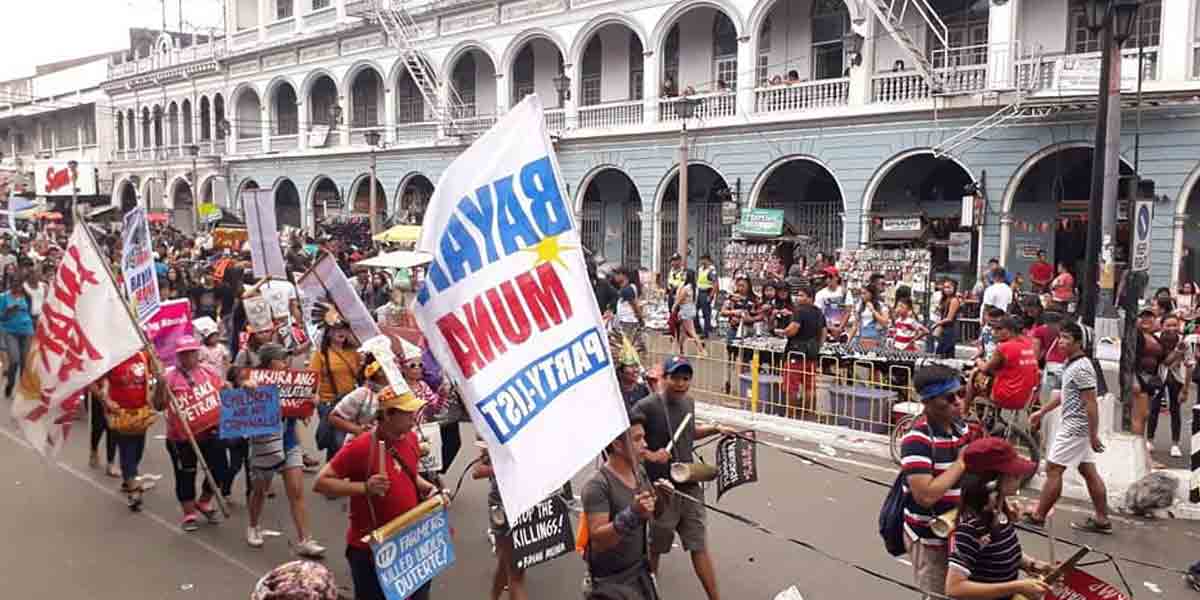By Herbert Vego
IF you are familiar with two 20th century American novelists, Francis Scott Fitzgerald and Ernest Hemingway, then you must have read of their exchange of words.
“You know,” Fitzgerald said, “the rich are different from you and me.”
Hemingway bantered, “Yes. They’ve got more money.”
On researching about that conversation via the website quotecountequote.com, however, I read that it had never transpired.
But Fitzgerald did write about the rich in a short story published in 1926, “The Rich Boy” (RedBook Magazine):
“Let me tell you about the very rich. They are different from you and me. They possess and enjoy early, and it does something to them, makes them soft where we are hard, and cynical where we are trustful, in a way that, unless you were born rich, it is very difficult to understand.”
Ten years later in 1936, Hemingway had his own short story, “The Snows of Kilimanjaro,” published in the August 1936 issue of Esquire magazine. A character there said:
“The rich were dull and they drank too much, or they played too much backgammon. They were dull and they were repetitious. He [referring to a character in the story] remembered poor Scott Fitzgerald and his romantic awe of them and how he had started a story once that began, ‘The very rich are different from you and me.’ “
Born middle-class, Fitzgerald got rich, but already in his last years, through his published short stories and novels, such as The Great Gatsby (1925) and Tender Is the Night (1934). He died young at 44 in 1940.
Hemingway also enriched himself from his novels. He won the 1954 Nobel Prize in Literature for his novel The Old Man and the Sea. Although already awash with cash, he shot himself to death at age 61 in 1961 to escape the pain of his abdominal disease, hemochromatosis.
The two may have died prematurely. But what I would like to stress here is that ordinary people may navigate from rags to riches through time, no matter how long it takes. As a familiar quotation says, “Time is gold.”
I know for a fact that Lucio Tan, one of the richest Filipino-Chinese businessmen, maximizes use of time by flying on his helicopter from one of his Metro Manila offices to another.
The ability of the rich to expand their material wealth in the shortest time amazes employees who work eight hours a day for sheer survival. While their bosses play golf, they work overtime but still wallow in debt.
It’s not correct to say, however, that the rich always use time wisely. Time, unlike money, could not be recovered once spent. Take it from Benjamin Franklin, American statesman and author who, in 1787 at age 81, regretted that he had not spent enough time for his wife and children. He wanted to make up for lost time but could not due to failing health.
A thought-provoking proverb attributed to 19th-century English poet Henry Dobson says, “Time flies, you say? Ah, no. Time stays, we go.”
That reminds us of hard-working lawyers and doctors who make hundreds of thousands of pesos a month but don’t have enough time to accommodate all their clients and patients, respectively.
On the other side are those who, for lack of sufficient patrons, do not make enough money to maintain a decent lifestyle.
Burke Hedges, an American economist, wrote:
“Where would the highly-paid doctor be if he developed arthritis in his hands and could no longer create income because he had to stop working? If you don’t have any income other than income from your job, you’re heading for disaster.”
That is why the urban poor with no decent regular income, must squat on other people’s estate to enjoy a roof over their heads.
To quote an article in an old issue of the US-based Business Week magazine, “It takes the average worker half his lifetime to purchase a home, accumulate some savings and retirement benefits. It takes about six months of unemployment to lose it all.”
My former bosses in the once lucrative music-recording industry no longer amass money. One of them now owns a small beer house. I asked him whether he was satisfied with his sales.
“I earn just enough to enjoy life. I don’t have to be a Sy, a Tan or a Gokongwei to eat steak. Who knows? They probably have more problems than I.”
-oOo-
ELECTRICITY DISCOUNT AVAILABLE TO 4P’s BENEFICIARIES
THE beneficiaries of the Pantawid Pamilyang Pilipino Program (4Ps) in Iloilo City may now avail themselves of electricity-bill discounts, according to MORE Power.
They are entitled to lifeline rate discount in accordance with the Electric Power Industry Reform Act of 2001 or the EPIRA Law.
However, the discounted amount is offered only to customers who do not exceed a monthly consumption of 95 kilowatt-hours (kWH).
Also disqualified from applying for lifetime rate are consumers caught pilfering electricity and theft of electric transmission lines.
4P’s beneficiaries may visit the office of MORE Power to apply with a copy of their latest electricity bill and any valid government-issued ID with the customer’s name, signature and address.
Non-4P’s members may also apply if their income is lower that the poverty threshold level, with certification issued by the Department of Social Welfare and Development (DSWD) within the last six months.
The Lifeline Electricity Program under EPIRA Law grants entitled customers a special discount. Those who consume 85-95/KWh get a 10% discount; 71-80/KWh, 25%; 61-70/KWh, 35%; 51-60/KWh, 45%; 21-50/KWh, 50%; and 0-20/KWh, believe it or not, 100%!

























